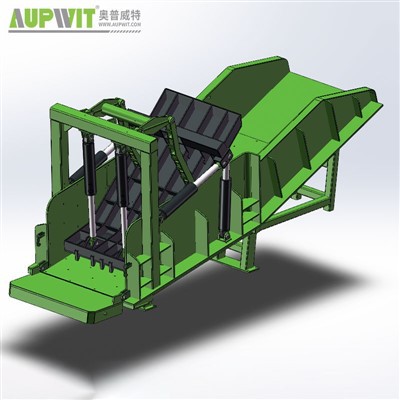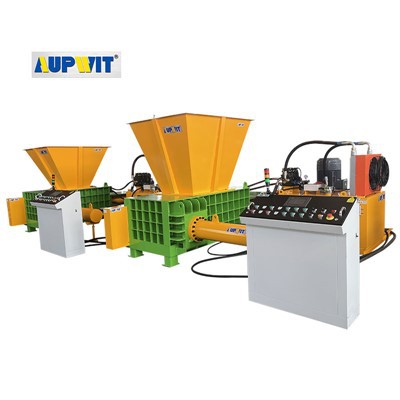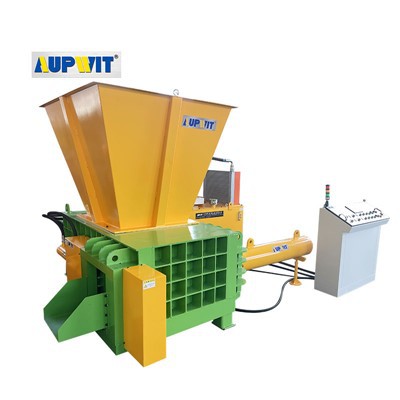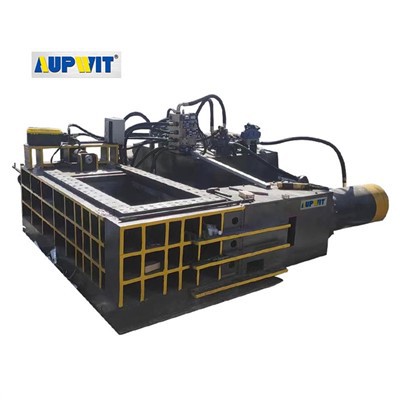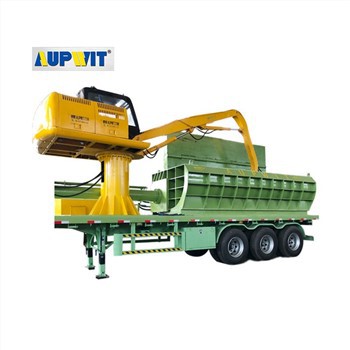Briquetting Machine Maintenance Cycle
Understanding the factors that influence maintenance schedules for optimal performance
Key Components
The hydraulic system requires regular checks as fluids degrade over time due to contamination and heat exposure. Monitoring fluid clarity and viscosity prevents system failures.
Seals and gaskets in the hydraulic system wear out gradually. Detecting leaks early through routine inspections is essential for maintaining optimal performance.
Working Environment
Dusty or humid conditions make components like electrical controls and mechanical linkages more prone to damage.
Dust accumulation in motors disrupts operation, while moisture causes corrosion. Harsh environments require more frequent cleaning and protective measures.
Usage Frequency
Machines running continuously experience faster wear compared to intermittent use.
Heavily utilized equipment requires more frequent lubrication of moving parts like gears and bearings to reduce friction and prevent premature wear.
Maintenance Recommendations
- Regular hydraulic fluid checks for clarity and viscosity
- Routine inspections for leaks in seals and gaskets
- Frequent cleaning in dusty environments
- Protective measures against moisture and corrosion
- Regular lubrication of gears and bearings
- Inspection and adjustment of belts and chains
- Customized maintenance cycle based on usage and environment
Recommended Maintenance Schedule
Daily
Visual inspections for signs of damage or leaks
Weekly
Checks of fluid levels and component tightness
Periodically
Overhauls of major systems based on usage


